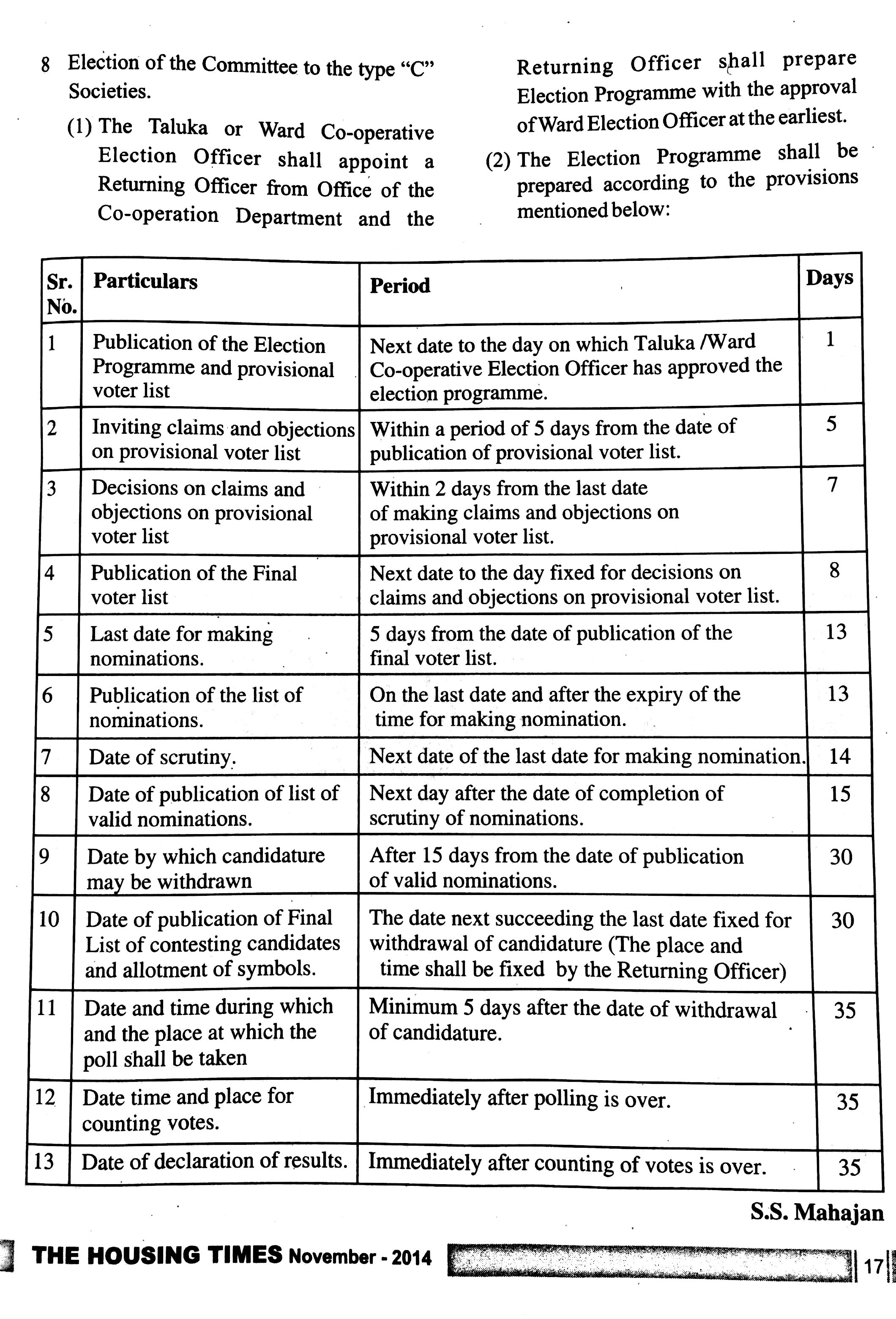Co Op Rules And Regulation
Co-op Rules and Regulation in NYC: What to Expect
Cooperative living can offer numerous benefits, such as shared expenses and a close-knit community. However, it also comes with certain rules and regulations that every prospective co-op owner should be aware of. This guide aims to provide you with an in-depth understanding of the co-op rules and regulations in New York City (NYC), helping you navigate the process smoothly. So, whether you're a first-time buyer or considering joining a co-op, read on to learn what to expect.
1. Understanding the Co-op Structure
Before diving into the specific rules and regulations, it's important to understand the basic structure of a co-op. In NYC, a housing cooperative, or co-op, is a form of shared ownership, where residents collectively own shares in the corporation that owns the building. Each shareholder is granted exclusive occupancy rights to a specific unit within the building. This means that instead of directly owning the unit, shareholders have a proprietary lease or occupancy agreement.

2. Approval Process and Screening
One of the distinguishing characteristics of co-ops is the thorough approval process for potential buyers. The board of directors, typically made up of current shareholders, evaluates prospective buyers to ensure compatibility with the cooperative's culture and financial stability. This screening process often includes a comprehensive review of the buyer's financial records, personal references, and an interview with the board. It's essential to have your finances in order and prepare for the scrutiny of the board before entering the co-op market.
3. Shareholder Responsibilities and Obligations
Once you become a shareholder in a co-op, you have certain responsibilities and obligations that you must adhere to. These can include monthly maintenance fees or carrying charges, which cover expenses like building maintenance, property taxes, and underlying mortgage payments. As a shareholder, you also have voting rights and may need to actively participate in cooperative decision-making processes. It's important to familiarize yourself with these responsibilities before becoming a co-op owner.
FAQs (Frequently Asked Questions)
Q: Can I sublet my co-op unit?
A: Subletting policies vary among different co-op buildings. Some may allow subletting under certain conditions, while others may have stricter regulations. It's crucial to review the co-op's specific subletting rules before making any renting arrangements.Q: Can I renovate my co-op unit?
A: Typically, co-op buildings have guidelines regarding renovations to maintain consistency and harmony within the building. Renovation plans often require submission to the board of directors for approval. It's essential to follow the co-op's renovation policies and obtain the necessary permissions before starting any renovations.Q: Can I have pets in a co-op?
A: Pet policies can vary significantly from one co-op to another. Some co-ops allow certain pets, such as cats or small dogs, while others may have stricter restrictions or even prohibit pets altogether. You should carefully review the co-op's pet policies and consult with the board if necessary, before bringing any pets into the building.In conclusion, co-op living in NYC offers a unique housing option with its own set of rules and regulations. Understanding these rules is crucial for a smooth and successful co-op experience. From the screening process to shareholder responsibilities, being well-informed ensures that you make the right decisions for yourself and your potential co-op community. Remember to do thorough research, read the co-op's offering plan, and consult with professionals if needed to have a comprehensive understanding of the co-op rules and regulations in NYC.
Genshin Impact Co-Op: Unspoken Rules & Common Courtesy
 Image Source : marvelvietnam.com
Image Source : marvelvietnam.com Split Screen Co-op Rules | Nom Nom Galaxy
Moms Unite: How To Create A Babysitting Co-op | Babysitting, Mom Life
 Image Source : www.pinterest.com
Image Source : www.pinterest.com Housing Society Bye Laws 2018 In Marathi Pdf
 Image Source : cagiturni.tistory.com
Image Source : cagiturni.tistory.com ‘White-Glove’ Co-op Rules That Rankle - Adam Leitman Bailey, P.C.
 Image Source : www.alblawfirm.com
Image Source : www.alblawfirm.com Co-op Rules And Regulation In NYC: What To Expect | Hauseit
 Image Source : www.hauseit.com
Image Source : www.hauseit.com nyc regulation rules op hauseit
Berkeley Co-op Rules : Bayarea
 Image Source : www.reddit.com
Image Source : www.reddit.com Cafe Racer Coop Blog - Home And Co-op Rules
‘white-glove’ co-op rules that rankle. Co-op rules and regulation in nyc: what to expect. Housing society bye laws 2018 in marathi pdf. Nyc regulation rules op hauseit. Genshin impact co-op: unspoken rules & common courtesy